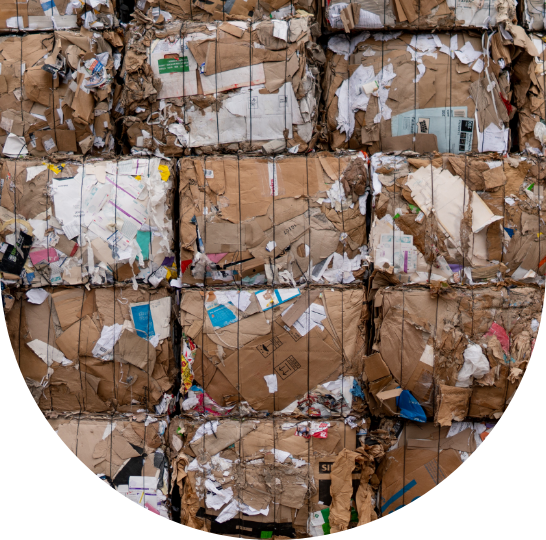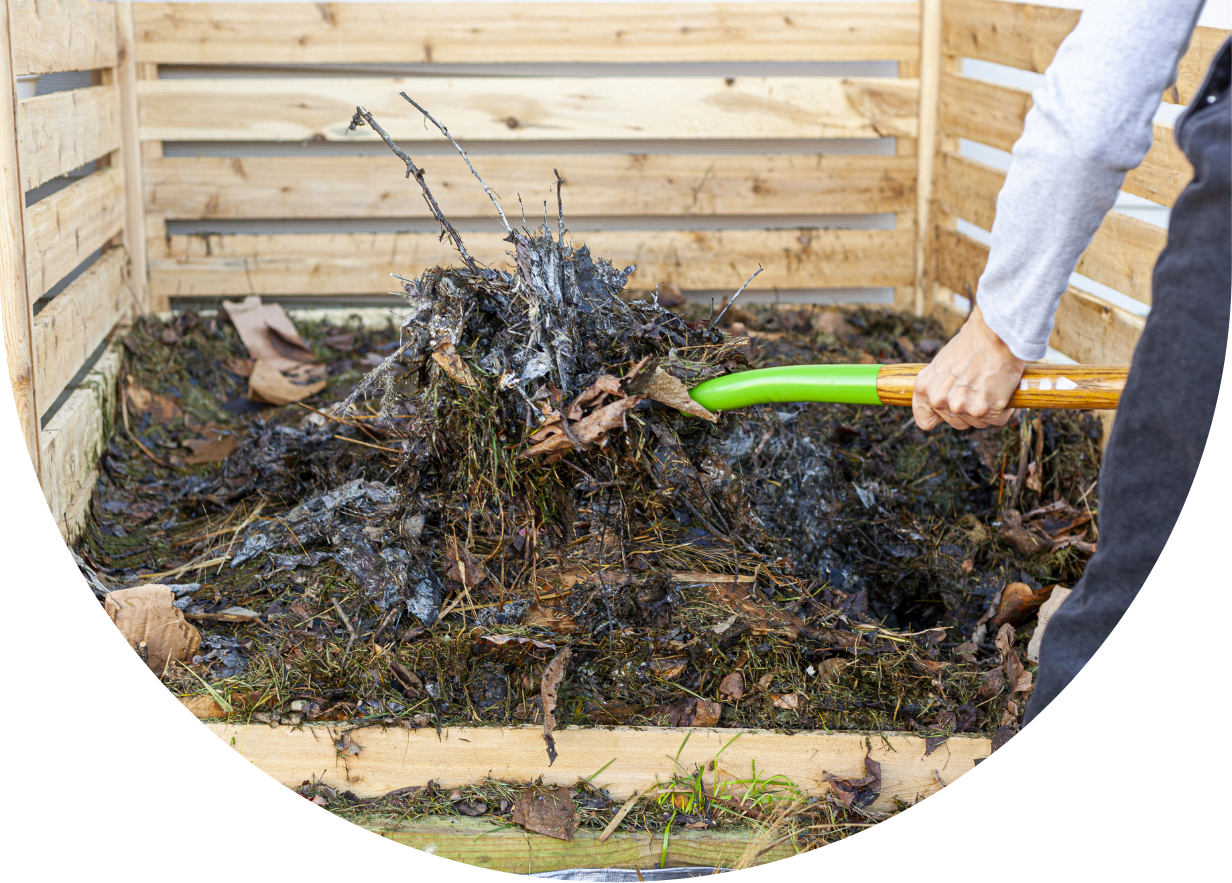Compost Culture
PURPOD100® can break down in as little as 5 weeks in the typical technologies used by local curbside food and organic waste collection services. To make things simple for consumers, the European Union is proposing that all single serve coffee be in certified commercially compostable† pods like PURPOD100®
What about "Biodegradable"?
Products that say ”biodegradable” go in the garbage. Their breakdown may release chemicals with toxic impacts on plants and soil over the many years it may take for them to degrade.
Governments are cracking down on biodegradable marketing claims to protect consumers and the environment.

What about "Recyclable"?
Recyclable single serve pods usually require users to separate the hot coffee grounds, the filter, the lids and the plastic in every pod, every time. Even if they do, many recycling facilities send small items like those pods to landfills.

Many local governments and waste management services now have organic waste programs that collect from our curbsides or at local depots. They take the food and other waste that used to go to landfills and turn it into compost that enriches our soil.
With much less going into landfills, local governments can avoid the cost and community environmental impacts of creating new landfill sites. Greenhouse gas emissions can be reduced from the amount released if organic waste decomposes in landfills and the gases escape into the air.
The organic waste is converted to create products such as fertilizer, compost and other soil amendment products that improve the access of plants to water and air in the soil to improve their growth.
Some organic waste processing facilities are designed to capture gases such as methane for use as fuel.
There are two main approaches to municipal and commercial composting and food, leaf and yard waste programs

Aerobic
In aerobic composting, the organic materials are usually placed in long piles or enclosed boxes. They are kept very moist and warm. Oxygen often flows continuously into the pile. This encourages microorganisms to break down those materials.
Depending on conditions, the compost can be ready to be put to work to improve the soils for new plant growth after a few weeks.
Anaerobic
In anaerobic digestion systems, the organic materials are put into sealed chambers. Other types of microorganisms break the materials down to create biogases, such as methane, used for renewable energy.
After the anaerobic process is done, any remaining organic matter from the chamber often goes through aerobic composting or is used directly to enrich agricultural soils.
Learn more about the world of PURPOD100®
Designed with the environment in mind, PURPOD100® is certified commercially compostable†.
Sustainability
The surprising environmental story of single serve coffee vs. brewed coffee.
Learn More

